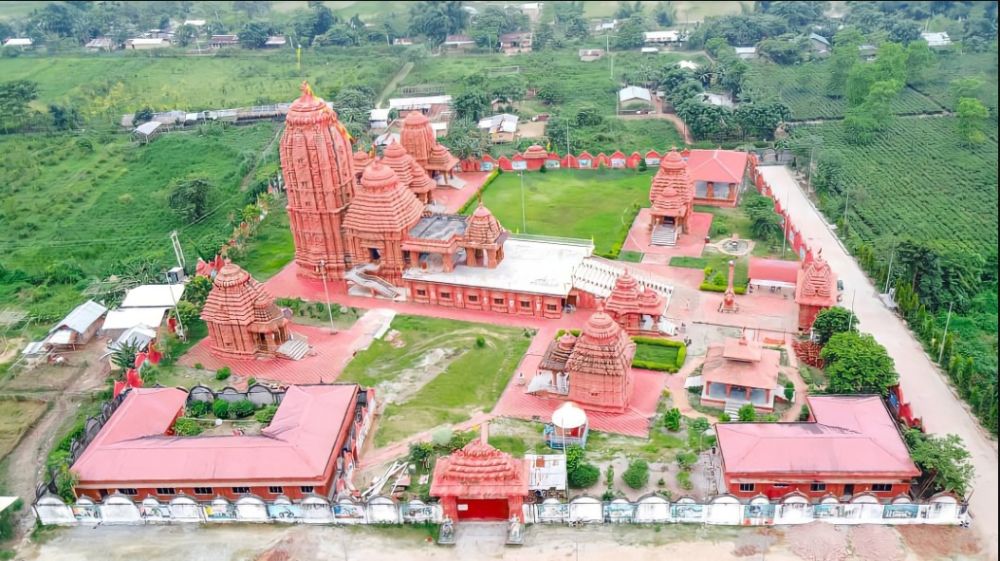

The Shri Jagannath Temple in Dibrugarh, Assam, is a divine embodiment of the rich cultural heritage of India. Inspired by the world-renowned Jagannath Temple in Puri, Odisha, this temple draws parallels with its architectural splendor and spiritual significance. It serves as a beacon of devotion and is an important part of the religious tourism in Assam.
The inception of this sacred temple adds a relatively modern chapter to the book of Assamese spirituality. Being a newer addition and not steeped in ancient history like its counterpart in Puri, the temple was established to cater to the worshipping needs of the local population, also offering a spiritual center for those who could not undertake the pilgrimage to Puri.
Developments in Accessibility: The tourism infrastructure around Shri Jagannath Temple has seen notable improvement in recent years, with better roads and transportation options making it more accessible for tourists from across the country and around the world.
Cultural Integration: Visitors are not only looking to witness the spiritual aspects but are also keen on engaging with the local culture. As a result, there is a growing emphasis on the inclusion of cultural experiences, such as local Assamese cuisine and handicrafts, in the tourism offerings around the temple.
Eco-friendly Practices: Echoing the global trend towards sustainable tourism, the local community has initiated several eco-friendly measures around the temple area. This includes organized waste disposal and promotion of green practices among tourists and pilgrims.
Shri Jagannath Temple, located in Dibrugarh, is open to visitors all year round. The auspicious festival of Rath Yatra, which usually takes place in June or July, is a significant event when the temple draws a large number of tourists and devotees. The majestic procession with the deities on chariots replicates the grandeur of the Puri Rath Yatra and offers a spiritual spectacle to spectators.
When planning your visit, it is advisable to check for any local events or festivals as these can provide a unique insight into the religious practices and community celebrations of Assam. Furthermore, Dibrugarh, with its proximity to the Brahmaputra River and tea estates, can be a gateway to explore the serene beauty and cultural richness of the region.